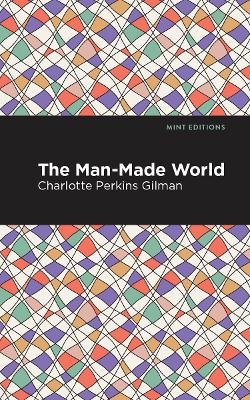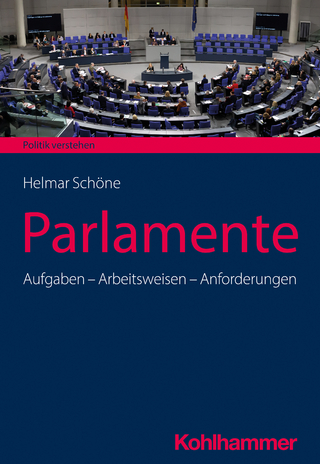
The Man-Made World
Mint Editions (Verlag)
978-1-5132-6982-5 (ISBN)
In the beginning, Gilman observes that though biology naturally attributes motherhood and fatherhood to women and men respectively, there is no evolutionary explanation for the widespread control of men over all other human activities. This inequity, Gilman explains, is what she means by the term “Androcentric Culture,” a culture organized by men, for men. Having established her thesis, Gilman dedicates chapters to such topics as the family, health, art, sports, religion, education, government, economics, and warfare in order to observe the impact of male domination on each. Ultimately, Gilman asks what, if anything, will men lose if women are granted the rights and responsibilities they have no reason not to share. The Man-Made World is a thorough and powerful experiment in sociological thought and a groundbreaking work of feminist nonfiction.
With a beautifully designed cover and professionally typeset manuscript, this edition of Charlotte Perkins Gilman’s The Man-Made World is a classic of American literature and nonfiction reimagined for modern readers.
Charlotte Perkins Gilman (1860-1935) was an American author, feminist, and social reformer. Born in Hartford, Connecticut, Gilman was raised by her mother after her father abandoned his family to poverty. A single mother, Mary Perkins struggled to provide for her son and daughter, frequently enlisting the help of her estranged husband’s aunts, including Harriet Beecher Stowe, the author of Uncle Tom’s Cabin. These early experiences shaped Charlotte’s outlook on gender and society, inspiring numerous written works and a lifetime of activism. Gilman excelled in school as a youth and went on to study at the Rhode Island School of Design where, in 1879, she met a woman named Martha Luther. The two were involved romantically for the next few years until Luther married in 1881. Distraught, Gilman eventually married Charles Walter Stetson, a painter, in 1884, with whom she had one daughter. After Katharine’s birth, Gilman suffered an intense case of post-partum depression, an experience which inspired her landmark story “The Yellow Wallpaper” (1890). Gilman and Stetson divorced in 1894, after which Charlotte moved to California and became active in social reform. Gilman was a pioneer of the American feminist movement and an early advocate for women’s suffrage, divorce, and euthanasia. Her radical beliefs and controversial views on race—Gilman was known to support white supremacist ideologies—nearly consigned her work to history; at the time of her death none of her works remained in print. In the 1970s, however, the rise of second-wave feminism and its influence on literary scholarship revived her reputation, bringing her work back into publication.
| Erscheinungsdatum | 19.07.2021 |
|---|---|
| Reihe/Serie | Mint Editions |
| Co-Autor | Mint Editions |
| Zusatzinfo | Illustrations |
| Sprache | englisch |
| Maße | 127 x 203 mm |
| Themenwelt | Sozialwissenschaften ► Politik / Verwaltung ► Politische Theorie |
| Sozialwissenschaften ► Soziologie ► Gender Studies | |
| ISBN-10 | 1-5132-6982-8 / 1513269828 |
| ISBN-13 | 978-1-5132-6982-5 / 9781513269825 |
| Zustand | Neuware |
| Haben Sie eine Frage zum Produkt? |
aus dem Bereich


